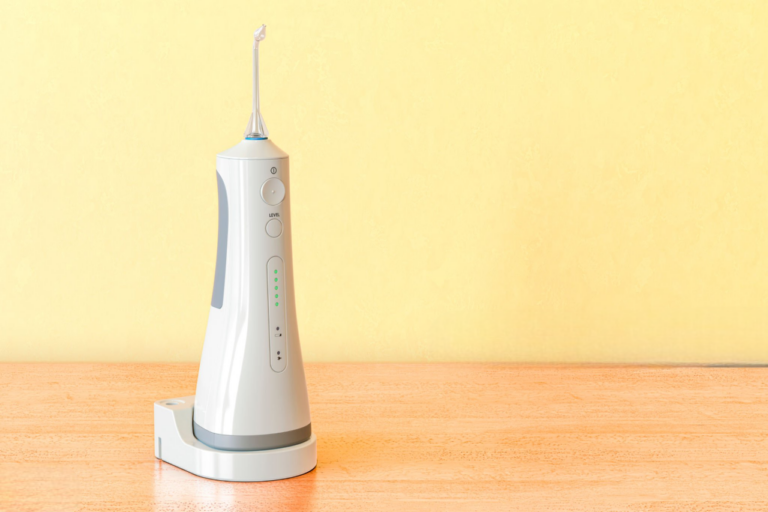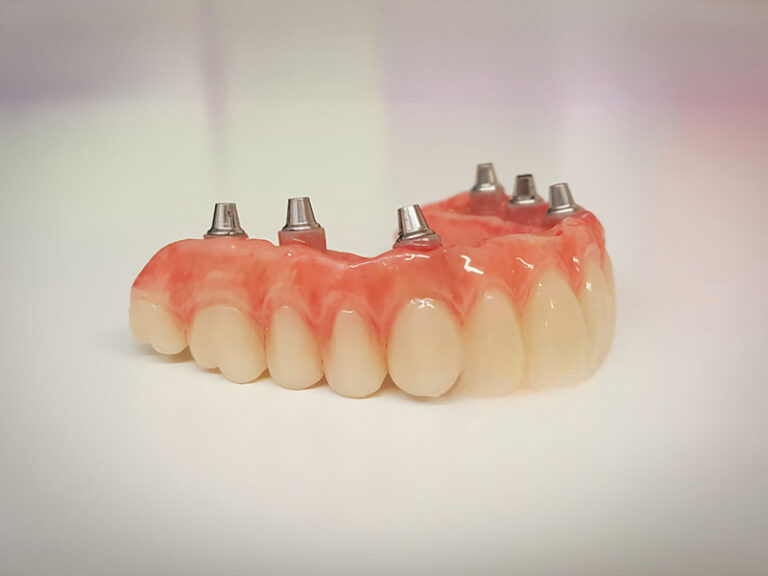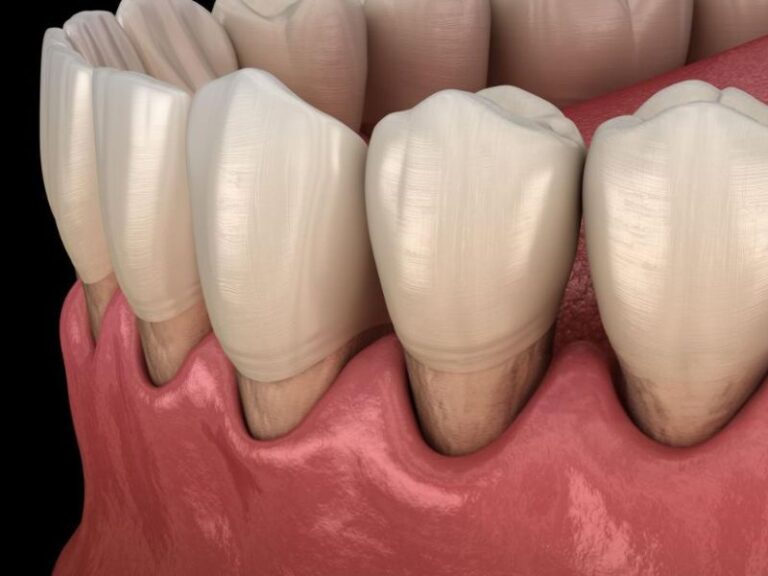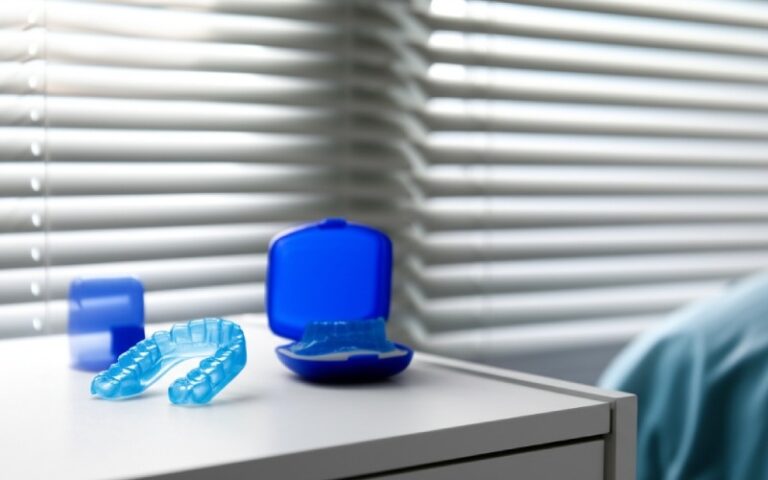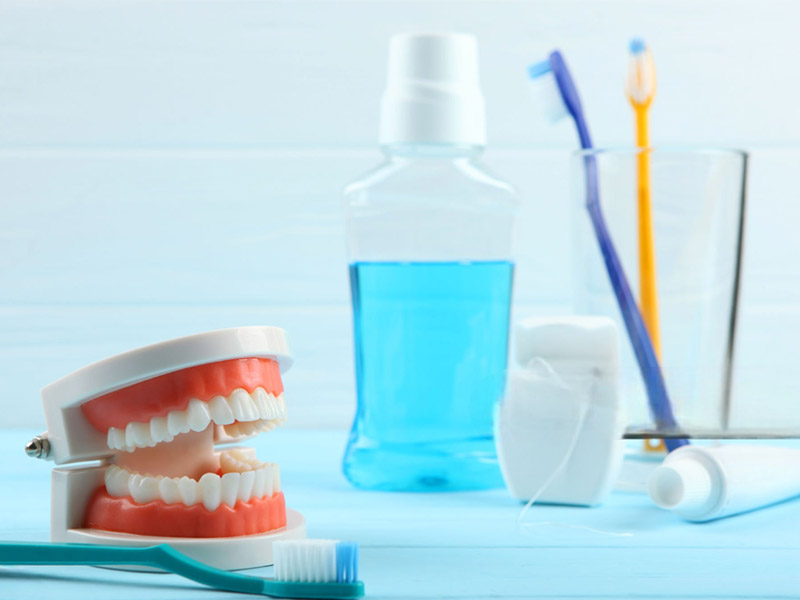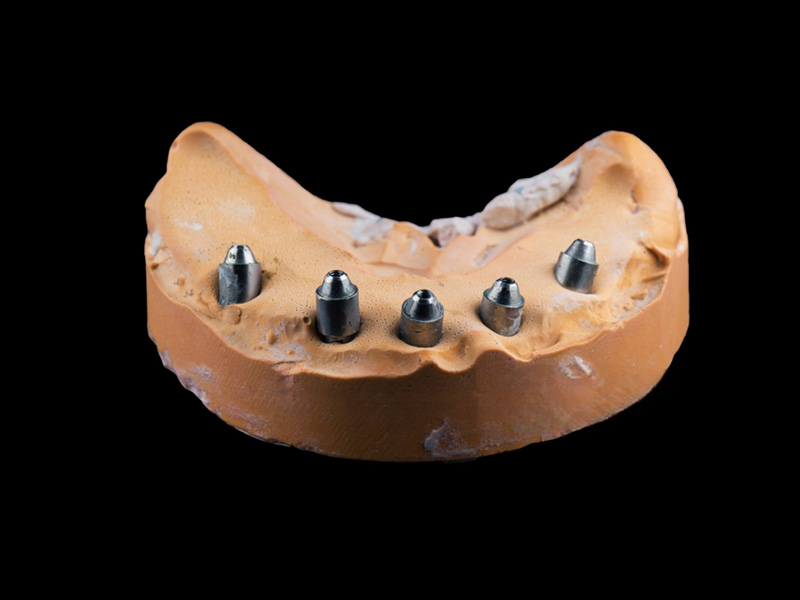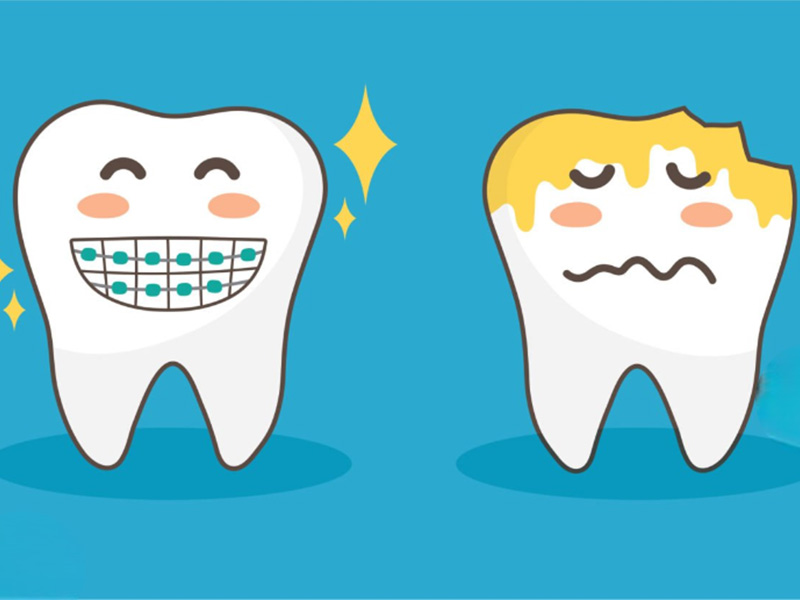
Damaged Tooth Enamel: A Simple Guide to Understanding and Prevention
That sharp, sudden pain when you drink something cold or take a bite of hot pizza—is it just random or a sign of something worse? Maybe you’ve noticed your teeth look a bit more yellow or the edges seem a little see-through. If this rings a bell, you’re not by yourself. Enamel damage happens a lot, even to people who brush and floss daily. But how can you tell if it’s happening to you and what can you do to stop it from getting worse?
Let’s pull back the curtain on everything you need to know about damaged tooth enamel. Whether you worry your morning coffee might be a problem or you’re already wincing at cold foods, you’ll get clear answers here. By the time you finish, you’ll know the first signs of trouble, what harms enamel, and exactly how to keep your smile strong.
Table of Contents
How to Spot Damaged Tooth Enamel: Signs and Symptoms
Let’s start with a question lots of people think about quietly: Are these things I’m seeing or feeling normal?
Tooth enamel is the hard, outer shell on your teeth—like a shield that guards the softer stuff inside. But enamel isn’t unbeatable. The big problem is, sometimes you won’t notice it wearing away till it’s already in bad shape.
Here’s what you should look for:
Sensitive Teeth
Do you get a sudden jolt when you eat or drink something cold, hot, or sweet? That’s not just bad luck. As enamel thins out, it shows the layer called dentin under it. Dentin has tiny little holes that run straight to the nerve. When you have something cold or hot, that feeling runs right through and gives you a sharp pain.
It’s a lot like wearing socks with holes in them—every stone you step on hurts your feet.
Yellow or Off-Color Teeth
Ever wonder why your teeth look more yellow, even though you brush a lot? If enamel gets thin or damaged, the yellowish dentin under it starts to show. No amount of whitening toothpaste can make your teeth look white again if the enamel itself is gone.
If you notice your smile looking dull or yellow, this could be why.
See-Through or Cracked Edges
Take a good look at the edges where you bite with your front teeth. Do they look a little see-through or shiny at the ends? That see-through look is a sign that your enamel is thinning. You might also spot very fine, straight lines that look like little cracks in glass. Dentists call these “crazing.” They might not cause problems on their own, but they’re an early sign that your enamel needs help.
Cracks, Chips, and Little Dents
Are your teeth chipping or cracking more often? Do you see tiny dents (dentists call these “cupping”) in the chewing parts, especially on your back teeth? These issues aren’t just from getting older—they’re often clues your enamel is eroding.
Keep an eye out for these changes. Acting early can make a big difference.
Why It Happens: What Destroys Tooth Enamel?
You’re probably asking, Why is this happening? That’s a smart thing to wonder. To keep your enamel safe, you need to know what’s hurting it.
Here are the usual troublemakers:
Your Diet: The Acid Problem
Acidic Foods & Drinks
Stuff like citrus fruits, tomatoes, soda, wine, energy drinks, sports drinks—even your orange juice—sounds healthy, right? Sadly, they all have one thing in common: strong acid. When you eat or drink something sour or acidic, it can take away the good stuff in your enamel. If enamel was like a brick wall, acid would be like constant rain breaking down the wall over time.
Soda is one of the worst. With a pH of about 2.5, it’s closer to car battery acid than water! Wine, orange juice, and some sports drinks aren’t much better.
Sweet Foods & Starches
Sugar’s not only bad for your waistline—it makes mouth germs very happy. These germs feed on sugars and starchy foods then make acid as waste. That acid attacks your enamel all over again. Think of it like a double hit: acid from what you eat plus acid germs make.
Medical and Other Body Issues
Acid Reflux (GERD)
If you’ve had heartburn, you know how strong stomach acid is. For some people with reflux, that acid doesn’t stay down—it comes up at night and covers your teeth in strong acid. Over time, this can do a lot of harm, and brushing won’t stop it.
Dry Mouth
Spit is your teeth’s best friend. It’s not just water—it helps wash off food, neutralizes acids, and fixes small weak spots by soaking teeth in helpful minerals. But if you have a dry mouth (from medicine, diabetes, or cancer treatments), acid and germs hang around longer, eating away at your enamel.
Family or Inherited Problems
Some people get unlucky and have weaker enamel from birth. Conditions like amelogenesis imperfecta or enamel hypoplasia mean the enamel is soft, thin, or shaped wrong even when you’re young. If your family has lots of dental problems even with good care, it might just run in the family.
Physical Wear and Bad Habits
Grinding or Clenching (Bruxism)
Do you wake up with a sore jaw? Did your dentist say your teeth look flat or worn down? Grinding and clenching—usually at night—wears down enamel super fast compared to normal eating.
Brushing Too Hard
You might think brushing extra hard gets your teeth cleaner, but it actually does the opposite. Using a hard brush—or brushing too tough—will wear down enamel and make gums pull away, showing the weaker part of the tooth.
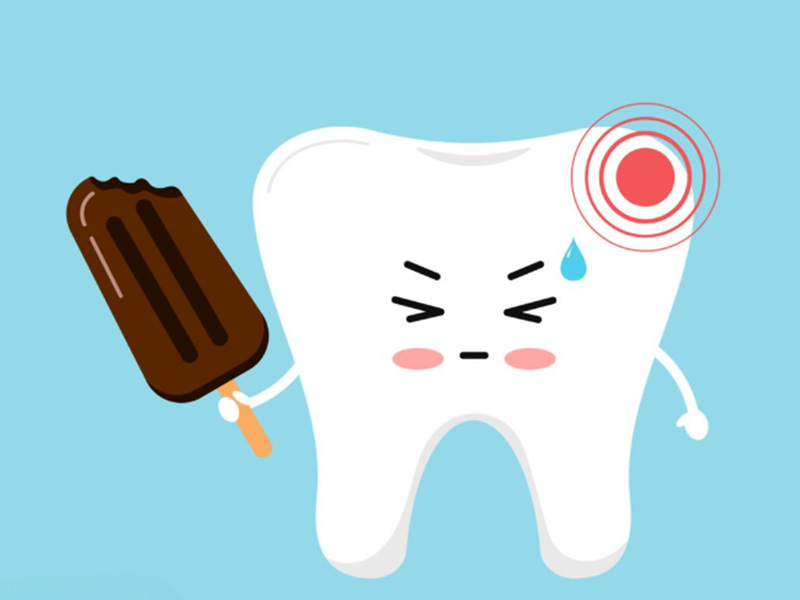
Your Protection Plan: How to Save and Strengthen Your Enamel
Now that you know what causes it, let’s talk about what you can do about it. Here’s your simple, dentist-approved plan to keep enamel in good shape.
Smart Diet Changes
- Limit Acidic Stuff: Don’t worry, you don’t have to quit everything. But try to have sour, sugary, or acidic things with real meals, not as snacks. Eating them with other foods helps lessen the acid’s kick.
- Rinse Right After: After eating or drinking something acidic, swish your mouth with plain water. This helps your mouth get back to normal and protects your teeth.
- Use a Straw: If you have soda, juice, or sports drinks, use a straw and aim it in the back of your mouth. That way, your front teeth—the ones that show first—get less acid.
- Wait to Brush: Acid softens enamel a bit. If you brush right away—within 30 to 60 minutes after something acidic—you risk scratching off that softened part. Wait an hour if you can, so your spit can make things better.
Good Oral Habits
- Pick Fluoride Toothpaste: Fluoride makes enamel stronger and helps fix small weak spots. Check for the ADA Seal—it means the product meets science tests.
- Brush Gently with a Soft Brush: Hard brushes and heavy hands aren’t good. Get a soft toothbrush, and brush in small circles. Your gums and teeth will be happier in the long run.
- Chew Sugar-Free Gum: Especially gum with xylitol, which boosts spit. Spit is nature’s way of fixing your teeth between brushes.
Help from the Dentist
- Regular Checkups: Your dentist isn’t only looking for cavities. Regular visits can catch enamel trouble early, when it’s easier to fix. Dentist cleanings also clear away stubborn plaque and tartar you can’t scrub off at home.
- Night Guards for Grinding: If you grind your teeth at night (lots of people don’t know they do), ask about a night guard. It doesn’t cost much and saves your teeth from wearing out.
- Professional Fluoride: If you have higher risk (with acid reflux, braces, or dry mouth), the dentist might put extra-strong fluoride on your teeth.
FAQ: Can Damaged Enamel Be Fixed?
People ask this a lot: Can you actually fix lost enamel?
The Truth
Here’s the deal: Your body can’t grow new enamel. What’s gone is gone. But—and this matters—early, weak spots often can be made stronger with the right care. For bigger cracks or deep damage, your dentist can cover or fill the spots.
Let’s break it down:
Early Repair: Remineralizing
If your enamel is just starting to get thin or lose minerals—but isn’t totally gone—you can make it stronger again. Fluoride (in toothpaste, mouthwash, or from your dentist) helps lock in calcium and phosphate, the minerals that make enamel tough. It’s like patching up sneaky cracks before they get bigger.
There are also new toothpastes, like those with hydroxyapatite, that may fix early weak spots. But fluoride still has the most proof behind it.
Fixing Big Problems
- Bonding: A tooth-colored glue covers weak or chipped parts, making the tooth look and feel better.
- Veneers: These are thin covers that lay on the front of your teeth. They’re nice for front teeth that are worn down, stained, or uneven.
- Crowns: When the damage is big—like major chips or lots of enamel missing—a crown covers the whole tooth to protect it.
If enamel loss causes a cavity or reaches the inside of the tooth, you might need more work. Your dentist will tell you what’s best.
When Should You See a Dentist or Doctor
Still not sure if you should call? Here’s a short list. See a dentist or doctor if:
- You have tooth pain or sensitivity that won’t go away.
- Your teeth look more yellow, are see-through, or have dents/pits.
- You think you grind or clench your teeth at night—your jaw hurts in the morning or someone says you “chew” in your sleep.
- You have bad acid reflux, especially if it keeps you up at night. You may need both your dentist and a doctor to help.
Don’t wait for it to get worse. Sooner is better when it comes to saving your enamel.
Top Stats and Facts: What Studies Say
Let’s check out some facts from dental research:
| Fact / Finding | Source | Why It Matters for You |
|---|---|---|
| 30% of adults have bad enamel wear | International Dental Journal | This is common—everyone needs to prevent enamel loss. |
| Enamel starts dissolving if pH drops below 5.5 | Journal of the American Dental Association (JADA) | Many drinks are much more sour than you think. Watch out! |
| Drink pH: Cola (2.5), Sports drink (2.9), Orange Juice (3.8), Coffee (5), Milk (6.8), Water (7) | ADA, Caries Research | Soda and OJ are much closer to acid than water—always rinse! |
| People with reflux are much more likely to have enamel loss | Journal of Prosthetic Dentistry | Stopping acid reflux is important for teeth, not just your stomach. |
| Fluoride in water cuts down on tooth decay by 25% | Centers for Disease Control (CDC) | Fluoride in toothpaste and water really works. |
| Waiting 30–60 minutes to brush after acid foods protects enamel | Caries Research | Don’t brush right after eating or drinking acidic stuff—wait a bit. |
Who Should Worry Most About Enamel Loss?
Everyone has some risk, but some people need to be extra careful:
- People with acid reflux: Stomach acid can sit on your teeth, especially after eating and while sleeping.
- Dry mouth sufferers: Some medicines, immune problems, and cancer treatments lower spit.
- Soda, sports drink, and juice lovers: If you drink these a lot, your risk goes way up.
- Teeth grinders/clenchers: Stress on your teeth breaks enamel down quickly.
- Kids with genetic problems: Some children start with weak enamel. Early dentist visits are key.
If you’re in one of these groups, follow all the steps above and see your dentist regularly.
Healthy Tips and What to Do Next
Let’s put it all together. Enamel loss can sound scary but you’re not stuck. Here’s what to remember:
Main Points about Damaged Enamel:
- Enamel is your tooth’s shield, but it can break down.
- First signs are sensitivity, yellowing, see-through or chipped teeth, and dents.
- Acid (from food, drinks, reflux, or bacteria) is the biggest problem.
- Brush softly with fluoride toothpaste, rinse after acids, and don’t snack or sip all day.
- You won’t get enamel back, but in early stages, fluoride and good habits can help fix weak spots.
- Visit your dentist when you notice changes—or if you have reflux or dry mouth.
Easy Steps for Stronger Enamel:
- Drink water with meals and after snacks; use a straw for acidic drinks.
- Wait before brushing after coffee, juice, or soda; let saliva help first.
- Use a soft brush and go easy.
- Pick toothpaste and mouthwash with fluoride (ADA Seal).
- Get a dental check twice a year, even if you feel fine.
- If you grind your teeth, ask for a night guard.
- Pay attention to your mouth—if it always hurts, don’t brush it off.
Feeling ready to take care of your enamel? You should! Your enamel is tough, and now you have the know-how to keep it strong. Small changes make a big difference. Stick with it and you’ll have strong, bright teeth for years. And remember, your dentist is here to help—ask questions and talk about any concerns.
Sources:
- American Dental Association (ADA)
- Centers for Disease Control and Prevention (CDC)
- International Dental Journal
- Journal of the American Dental Association (JADA)
Don’t forget, a healthy smile isn’t just about looking good—it’s about living pain-free, eating what you like, and keeping your teeth forever. If you still have questions, go see your dentist. Your teeth will thank you!

